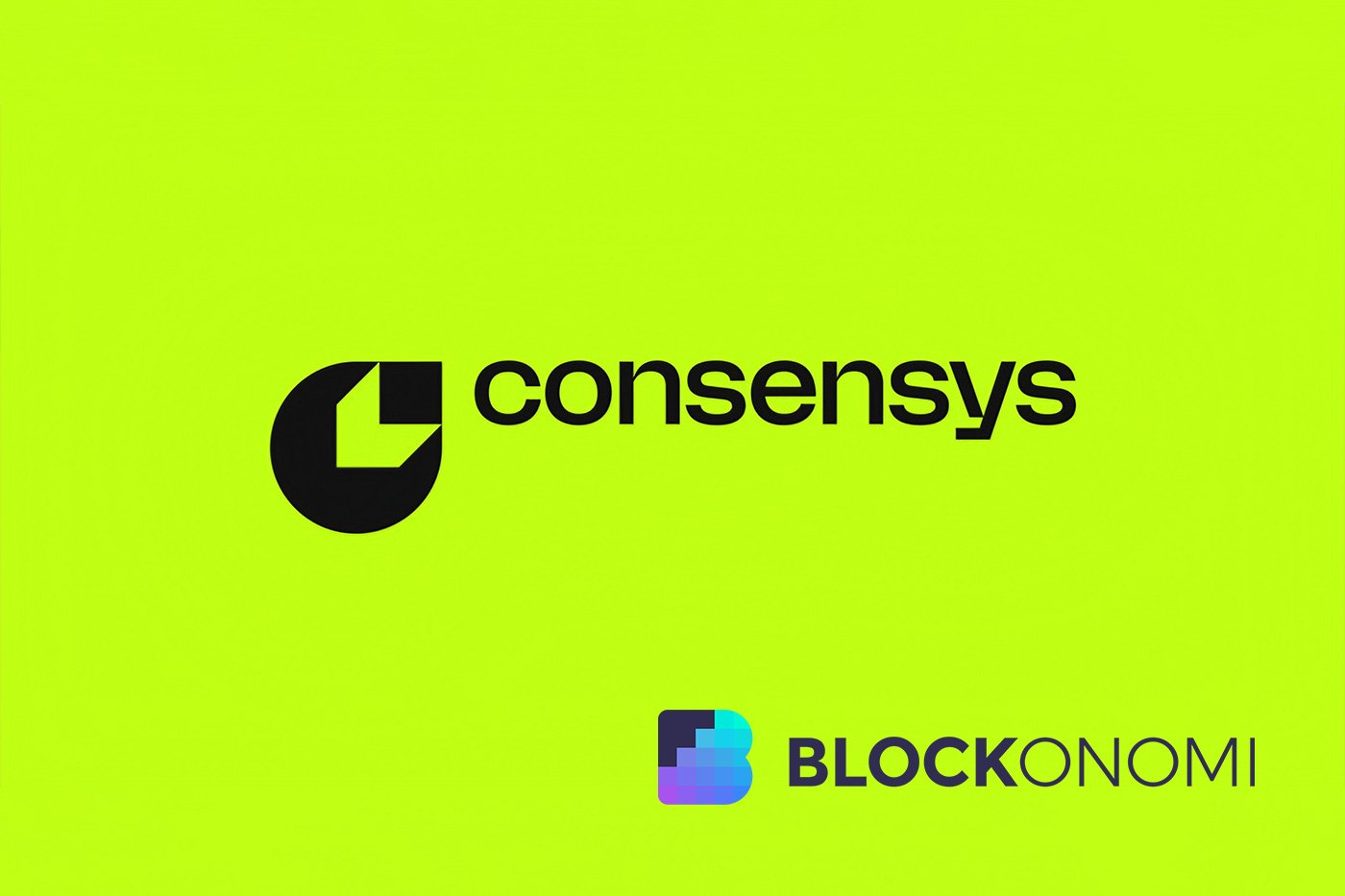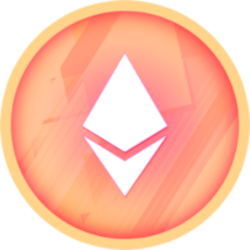TLDR
- Consensys announces 20% workforce reduction in October 2024
- Company cites challenging economic conditions including inflation and regulatory pressure
- Restructuring aims to transform core products (MetaMask and Linea) into decentralized protocols
- CEO Joseph Lubin remains optimistic about web3 mainstream adoption
- Company plans to evolve into “Consensys Network State” with decentralized teams
The blockchain technology company Consensys announced a 20% reduction in its workforce on October 29, 2024, as part of a broader restructuring plan.
The company, known for developing popular crypto wallet MetaMask and other Web3 tools, made this decision in response to current economic pressures and regulatory challenges.
The workforce reduction comes at a time when many U.S.-based Web3 companies are facing headwinds from multiple directions.
Rising interest rates have impacted investment flows in the sector, while persistent inflation has increased operational costs for technology companies across the board.
Regulatory uncertainty remains a key challenge for Consensys and its peers in the cryptocurrency space. The company pointed specifically to the U.S. Securities and Exchange Commission’s approach to oversight, suggesting that current regulatory frameworks may be holding back innovation in the digital asset sector.
Despite these challenges, Consensys maintains an active development schedule for its core products. The company continues work on MetaMask, its widely-used cryptocurrency wallet, with plans to improve user experience and expand multi-chain functionality.
A recently launched MetaMask card represents one of the company’s efforts to make cryptocurrency more accessible to everyday users.
The company’s zkEVM technology, part of its Linea network, remains a central focus of development. More details about this technology are expected to be revealed at the upcoming Devcon conference in November.
CEO Joseph Lubin expressed optimism about the industry’s future despite current challenges.
“Even in the face of these challenges, our ecosystem is on the precipice of becoming a globally systemically defining force,”
Lubin stated, noting increased interest from both Web3-native companies and traditional firms.
The restructuring plan includes a strategic shift toward greater decentralization. Consensys aims to transform its core products, including MetaMask and Linea, into decentralized protocols. This move aligns with the company’s stated mission of promoting decentralized technology adoption.
As part of its evolution, Consensys envisions transforming into what it calls the “Consensys Network State.” This new structure would feature autonomous, decentralized teams working on various aspects of the company’s technology stack.
The workforce reduction appears to be part of a broader strategy to ensure long-term sustainability. By streamlining operations now, Consensys aims to maintain its position as a leading force in Web3 development.
The company’s restructuring comes during a period of transformation in the broader cryptocurrency industry. While some companies have faced difficulties, others continue to push forward with technological development and innovation.
MetaMask, one of Consensys’s flagship products, continues to serve as a major gateway for users entering the cryptocurrency space. The wallet’s planned improvements focus on making blockchain technology more accessible to a broader audience.
The Linea network represents another key piece of Consensys’s technical infrastructure. Its zkEVM technology aims to provide scaling solutions for blockchain applications, with new developments expected to be announced soon.
While reducing staff numbers, Consensys maintains its commitment to technical innovation. The company continues to develop new features and improvements across its product line.
The timing of the announcement, coming just before the Devcon conference, suggests that Consensys plans to balance cost-cutting measures with continued technical advancement.
The company’s latest moves reflect broader trends in the cryptocurrency industry, where companies are adjusting their operations while continuing to develop their technical capabilities.















